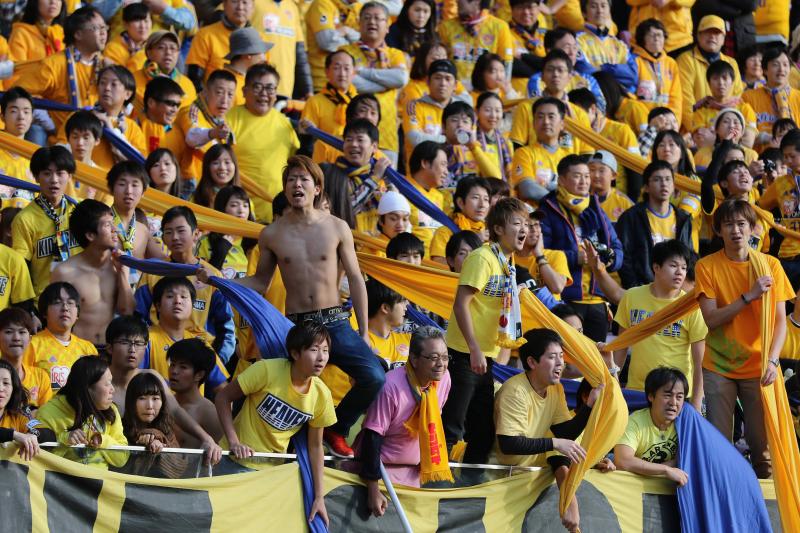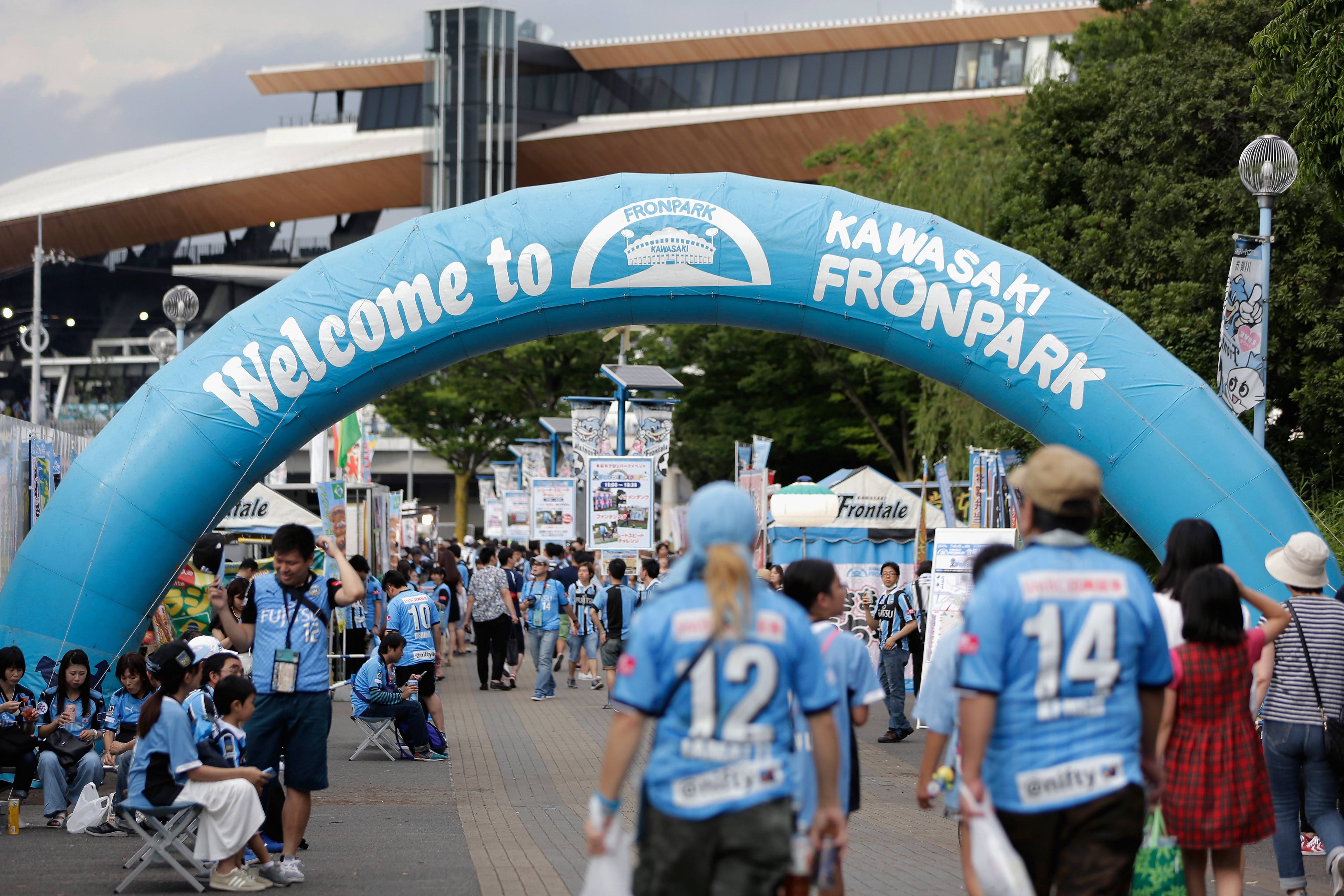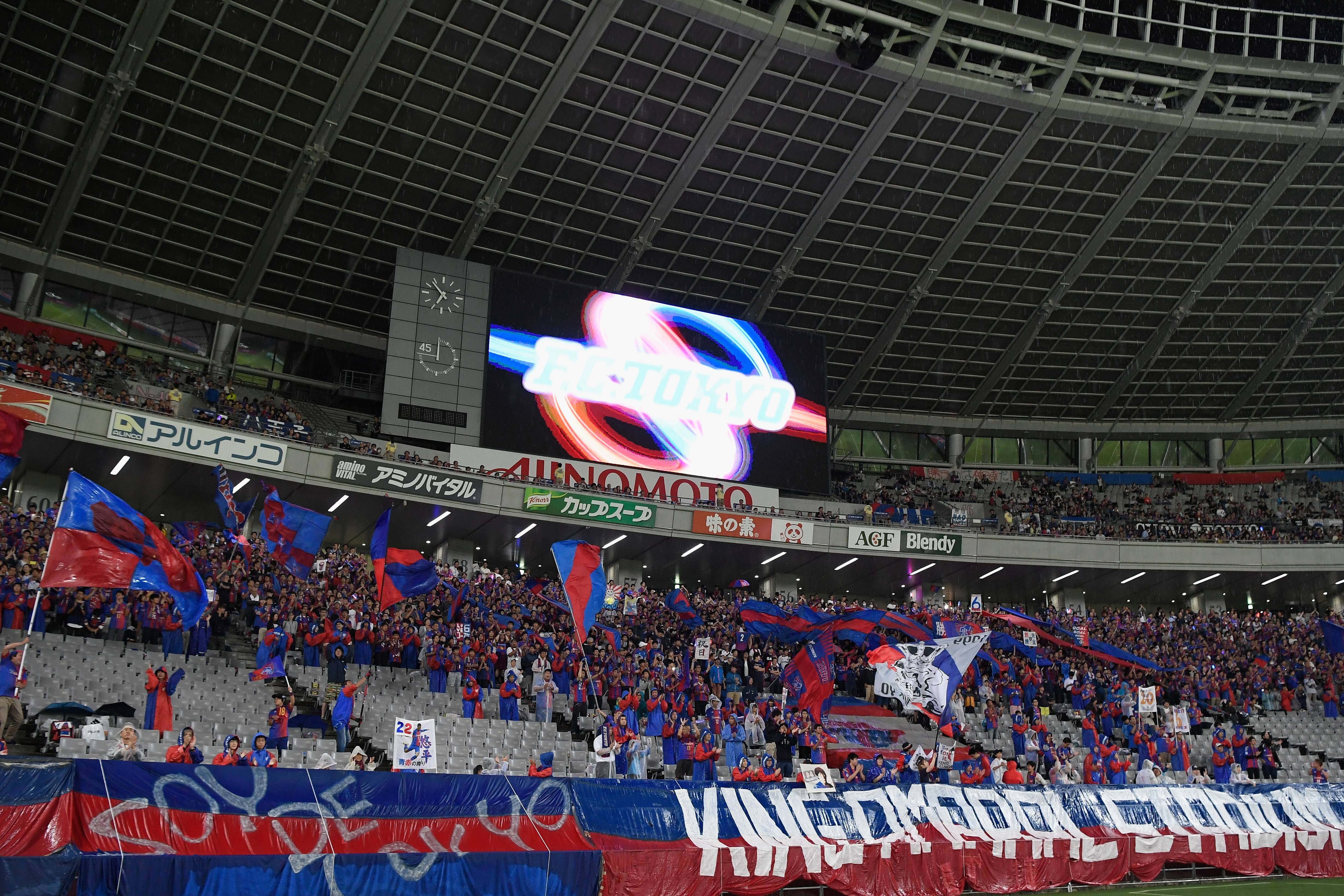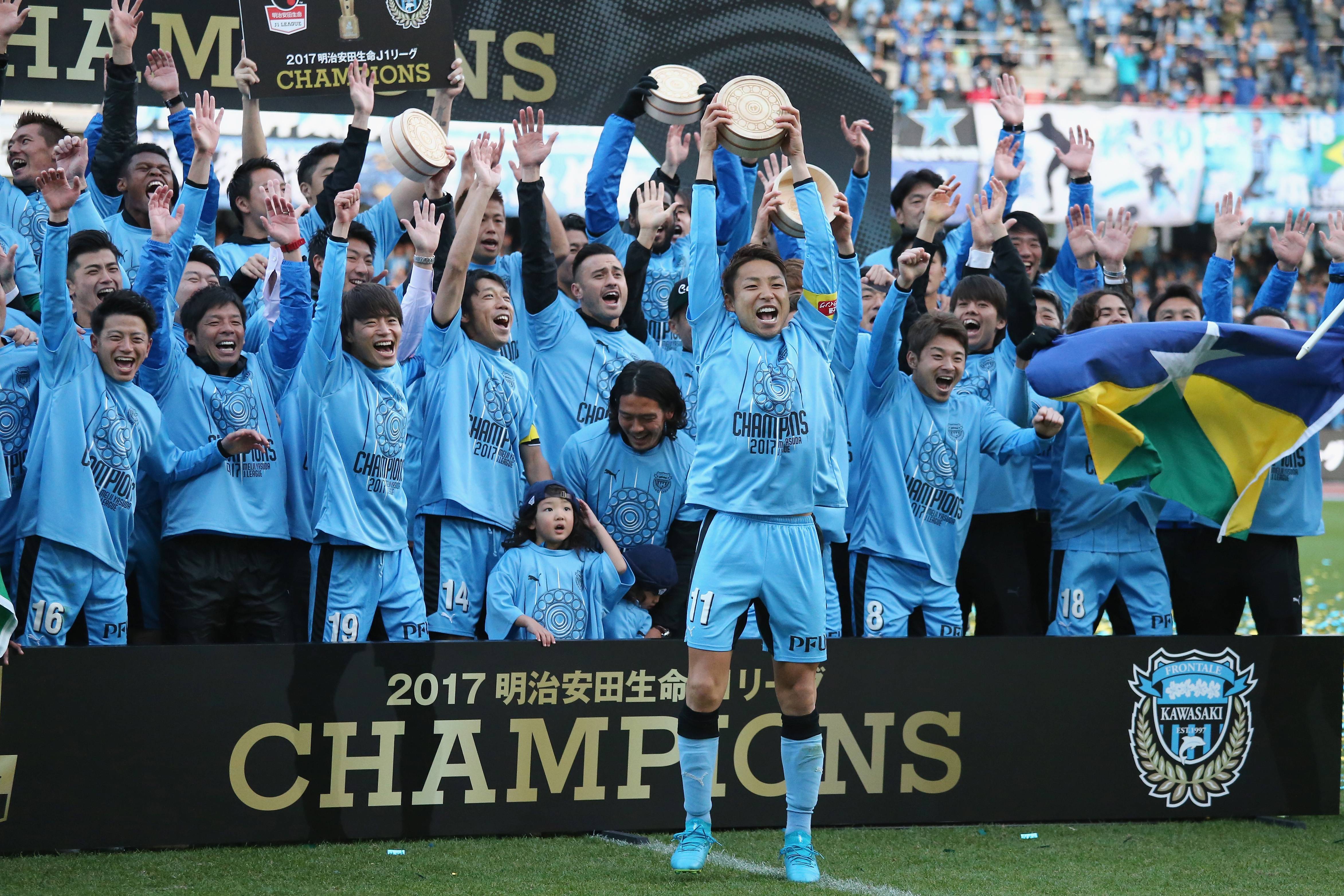
The J.League on Monday released the summary report of its annual Fan Survey, revealing a drop in the average age of J1 attendees since the poll was first conducted in 2004.
The results of the survey, which was conducted at all 40 J1 and J2 League stadiums over the course of the 2017 season, are drawn from over 17,000 respondents. They allow a unique look into the demographics of the average J.League fan, their viewing habits, and their thoughts on the league.
For the first time since the survey began, the average age of J1 attendees declined from 40.8 years to 40.1 years. The youthful shift is thought to be a result of the J.League’s blockbuster 10-year broadcasting contract with DAZN, which has allowed the league to aggressively promote itself on social media.
The J1’s gender division remained largely unchanged, with a male-to-female ratio of roughly 6:4.
J1 champions Kawasaki Frontale in particular, boosted by their remarkable title run and unique stadium events, saw their average attendee age drop to 36.9 years from 40.7 in 2016. Consadole Sapporo boasts the oldest average fan at 46.1 years, while Yokohama F. Marinos’ crowds are the youngest at 36.6 years.
Fans of Kashima Antlers traveled the most of J1 home fans, averaging over 106 minutes to reach Kashima Stadium. The club’s fervent Tokyo-based support are served by public buses making the two-plus hour journey to Ibaraki Prefecture on match days.
Meanwhile, Ventforet Kofu supporters were more likely than any other J1 fans to live near their home ground, with 71 percent traveling less than 30 minutes to reach Chuo Bank Stadium.
Supporters of 2017 AFC Champions League winners Urawa Reds were more likely to attend games with friends. They also attended over 18 games per season, more than fans of nearly any club in the J1 or J2.
FC Tokyo supporters were the least likely to agree with the statement that their club contributed greatly to the local community, with just 74.7 percent responding with agreement or strong agreement. The figure is indicative of the club’s struggle to build an identity in the central capital while being based in the western suburbs, an effort that could improve with a proposed new stadium in Tokyo’s Yoyogi Park.
Spurred on in part by the DAZN broadcasting deal, more J.League fans than ever – 86.3 percent – responded that they used the internet as a source of information on the league. Use of television, newspapers, football magazines, and sports dailies all declined from 2016.




